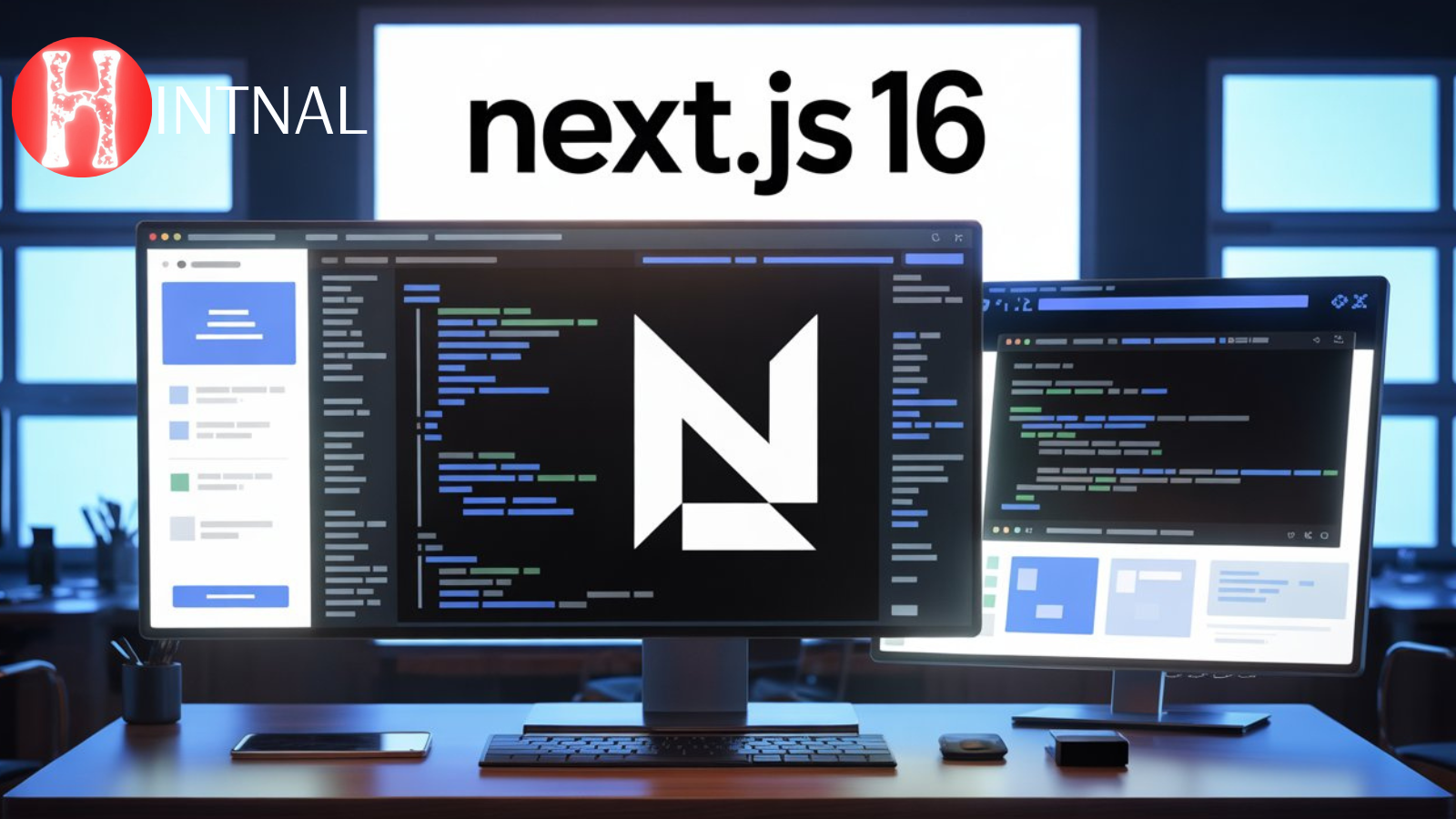
Python

As the fundamental language for engineering work across Wall Street, Python has long been at the top of the skills list for buy- and sell-side firms alike. It’s a favorite at Capital One and Man Group, with the hedge fund even building its own custom version of the language.
From visualization to statistical analyses to modeling and machine-learning applications, Python has multiple use cases. It also lends itself to those who don’t have deep coding backgrounds because it is flexible and applies to a wide range of users, Ori Ben-Akiva, director of portfolio management at Man Numeric, a quantitative-focused division of the publicly traded hedge fund Man Group, told Insider.
Python is also dominant across different job titles and levels, according to Jayson Bevacqua, a vice president at search-firm Glocomms focusing on data & ML engineering recruitment for traditional financial institutions.
SQL

As data becomes more centralized in financial firms’ strategies — from marketing to identifying new deal opportunities and analyzing risk — it’s helpful to know SQL, which is one of the most common and basic ways to query or pull information from a database.
SQL is a relational database language, meaning it’s designed to be able to tie different data tables together. And its flexibility means different extensions of SQL — two large examples are one offered by Oracle and the open-source MySQL — can bring added layers of tools.
Anything that has to do with analytics will use SQL, Deepali Vyas, global head of fintech, payments, and crypto at Korn Ferry, told Insider.
“There’s so many tools available now, if you are just really fantastic at Python and SQL, you’re set,” Vyas said.
C++

For applications and systems where speed (or a fast response time) is the name of the game, experience as a C++ developer is going to come in handy. That’s especially true at high-frequency trading firms and exchanges, where companies edge eachother out by being microseconds faster than the competition.
This August, William Archbell, a software engineer who left the video-game industry to join Citadel Securities, told Insider that a prevalence of C++ is one of the overlaps between the two industries.
“C++ gives you a lot of low-level control, it’s great for performance, and it’s very easy to understand at the systems level. That coding language has a lot of properties that we care a lot about in financial trading,” Archbell told Insider in August.
When Wall Street tech execs talk about data, it’s often broken up into organizing it and finding insights within it.
The latter could not be done without the help of tools like Tableau and Power BI, which are used to visualize and contextualize data, Korn Ferry’s Vyas said. These types of graphics are especially useful if you’re working in a wealth management or advisory, where dashboards and data tables are regularly used.
These tools help Wall Streeters surface data in new ways they haven’t seen before, such as charts that move over time and graphs with 15 dimensional aspects, according to Dean McIntyre, senior director of portfolio management business development at FactSet.
Java

Like Python, Java is widely used on Wall Street, especially among enterprise banking institutions that run on more legacy applications, Glocomms’ Bevacqua said. Java secured an early foothold in the world of banking because it was believed to have security features that restricted data access, while also offering portability, or the ability to be transferred between machines.
Now, most big banks like JPMorgan and Goldman Sachs are tethered to Java, but other firms like Two Sigma also use the coding language.
Go and Rust
Technically, many of the coding languages on this list — like Python, for example — are open source, or available for developers to use without a proprietary license.
But several open-source languages have become more in-demand in recent years, including Go and Rust. When the banking fintech Stash built much of its core banking offering from the ground up this year, tech leaders at the company highlighted the use of Go — which they said was picked up quickly by engineers and cut the implementation time for “substantial” new pieces of code to roughly 3.5 days.
Fintechs aren’t the only financial firms embracing Go and other open source tools. At Blackrock, much of the firm’s cloud work is being built upon open-source software. This February, Wells Fargo’s CTO mentioned Rust and Go as languages the bank is becoming more comfortable.
A recent JPMorgan job posting for a senior cloud engineer, meanwhile, listed Go alongside Python and Java, as well as “experience in large scale software development,” as desired software skills. And at Morgan Stanley, a recent job posting for a software architect included Rust, alongside Java and SQL, as a necessary skill.
Source
Greeks For Greeks : Top 10 Programming Languages to Learn in 2022
Simpli Learn : Most Popular Programming Languages to Learn in 2023
Berkeley Extension : 11 Most In-Demand Programming Languages in 2022


